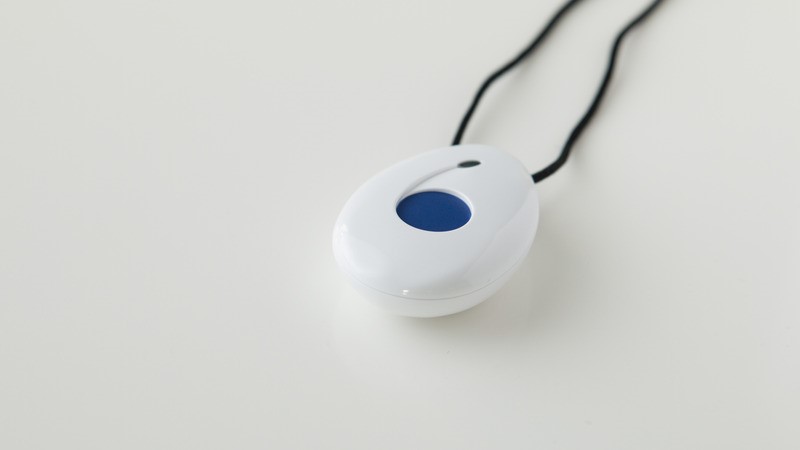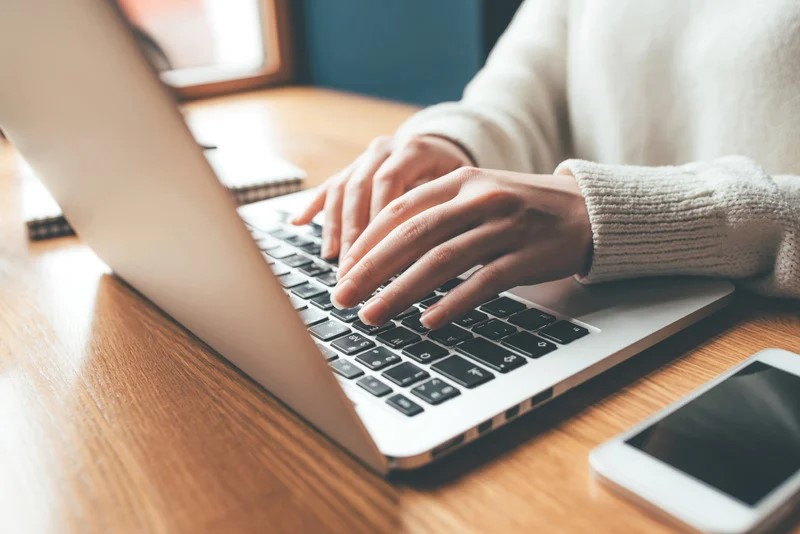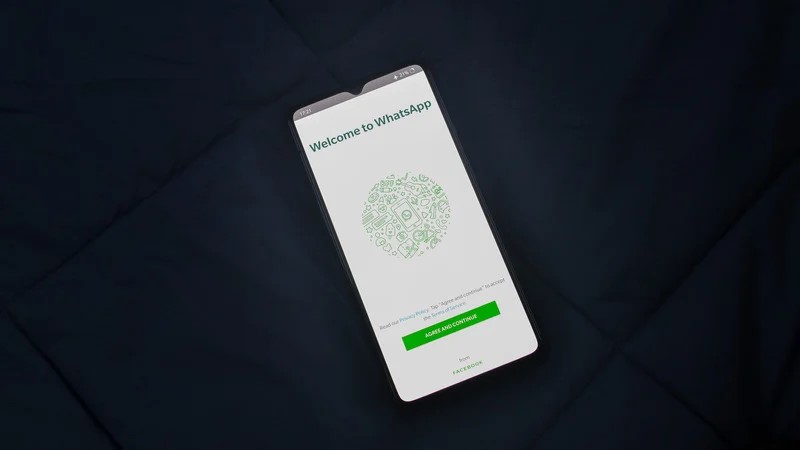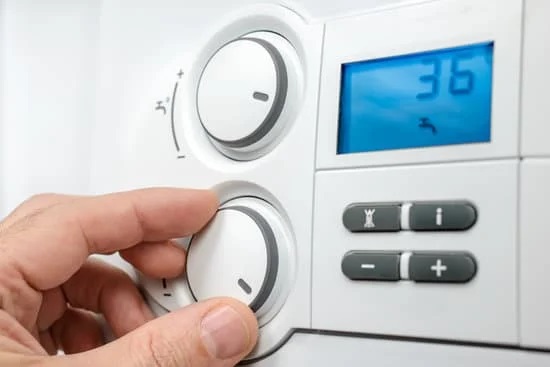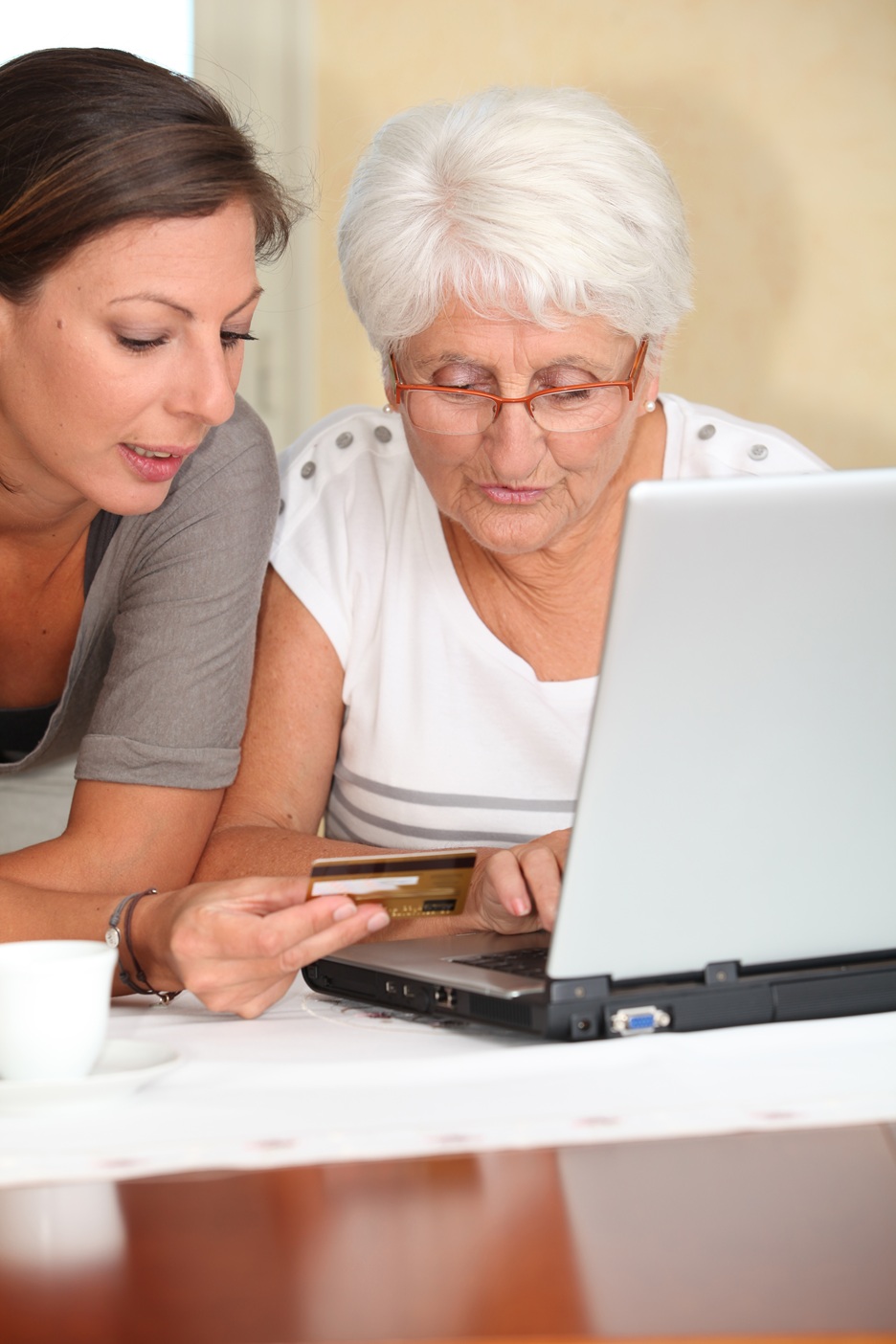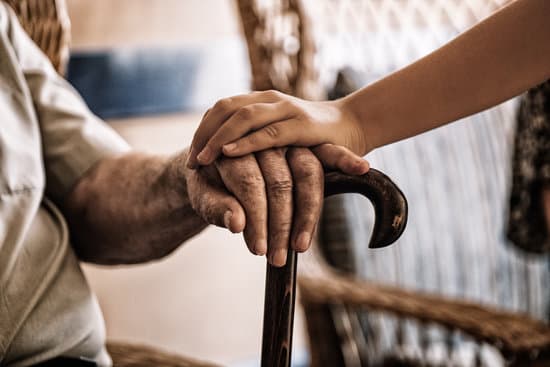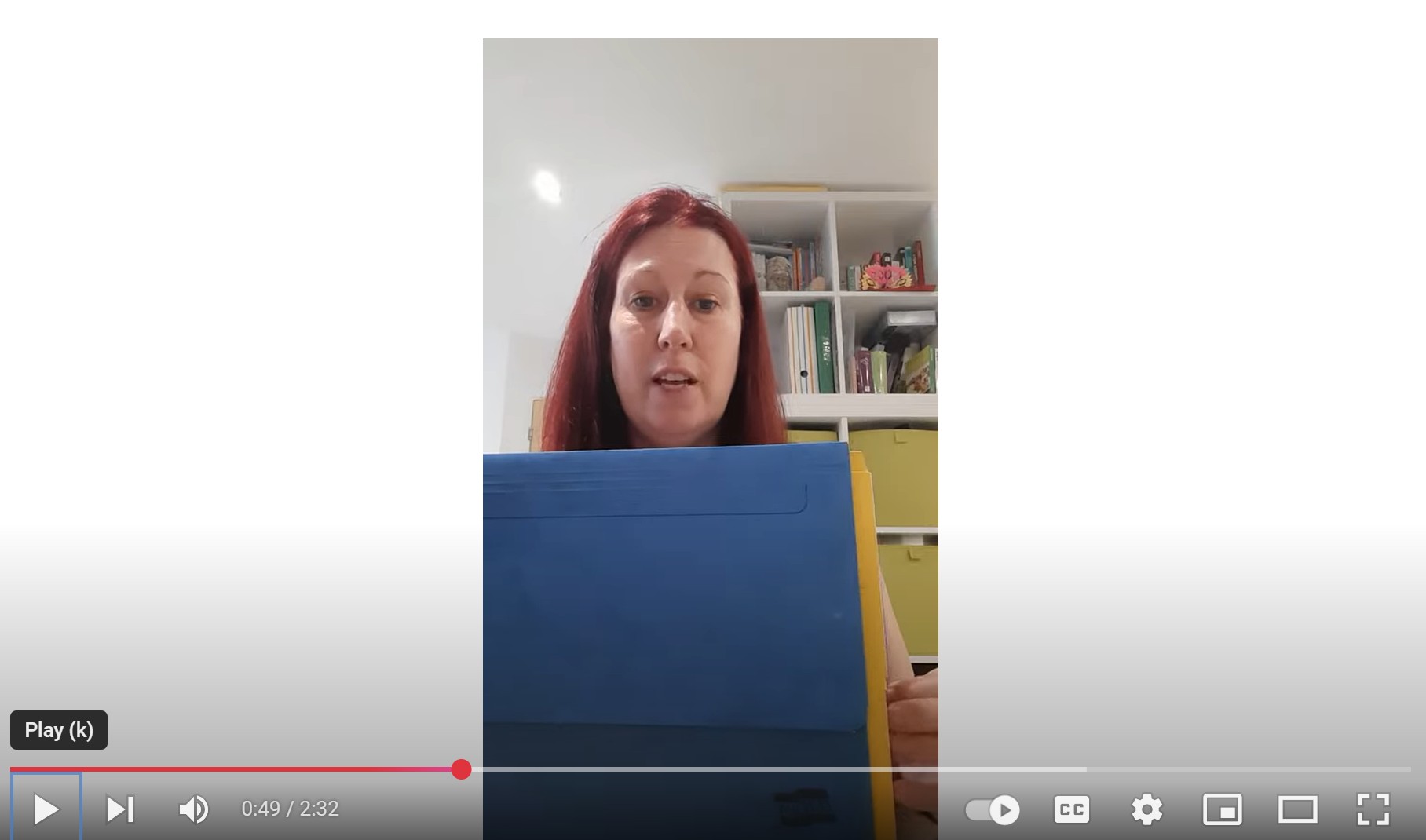
Careline is a personal alarm service used throughout the care industry to help people live independently. Most people have a pendant or watch device which is remotely attached to a phone line and can dial when you press the pendant to alert loved ones, or call a carer or the emergency services, depending on how it is set up. There are also more sophisticated versions which can be worn as watches, and can detect automatically if you fall. This is also the case with certain versions of Apple Watches. Technology is changing all the time and all sorts of other devices to monitor you or your loved ones to ensure safety are out there.
You can read more about Careline here www.careline.co.uk or contact your local council or Age UK who can also advise.

